
Testosterone is present in most mammals and vertebrates. The hormone is produced in men ten times greater than in women, and plays a vital role the biological, physiological and sexual health of males. Low testosterone in men can be a worrying and somewhat emasculating condition. This condition is known as hypogonadism.
The role of testosterone
Testosterone is vital with regard to the development of the male reproductive tissues. It causes deeper voices, strength, body mass, hair and bone growth in men. It also helps in the build up of protein and blood cell production, as well as helping the metabolism, the growth of the prostate glands and the proper function of the liver. Sperm production, sexual function and sex drive are also assisted by testosterone.
Causes
One cause of testosterone deficiency might be the failure of the testes to travel from the abdomen into the scrotum. External or internal scrotal injury might also lead to lowered levels of testosterone. Aging is another reason why low testosterone levels might occur. Klinefelter’s syndrome can also lead to a lowering of testosterone levels. In some cases, mumps, chemotherapy, pituitary gland tumors and brain disorders might cause low testosterone levels. Some other factors, such as drug abuse, smoking and substance abuse can be potential causes of a lowered testosterone count.
Men with low testosterone levels might experience an increase in the onset of certain female attributes, such as a lack of body hair, a soft voice and breast development. A lowered sex drive might also be a consequence. Further to this, men might become infertile or even impotent as a result of low testosterone levels. Metabolic syndrome is another potential effect of low testosterone. This definition includes problems such as high blood sugar, high blood pressure, increased cholesterol and weight gain. Other potential effects of low testosterone levels include depression, low self esteem, osteoporosis, lack of energy and lack of motivation.
Men suffering from low testosterone might experience anemia, erectile dysfunction, fatigue, lethargy, osteoporosis, loss of concentration, irritability, depleted muscle strength and dramatic weight loss.
Treatment
Testosterone replacement therapy is used to treat this condition. This comes in the form of patches, gels, injections and oral medication. One can also make some lifestyle changes in order to combat the condition. Try to eat a healthy diet, limit alcohol consumption, avoid smoking and maintain an exercise regime. This is a positive way to increase testosterone levels.





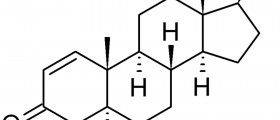



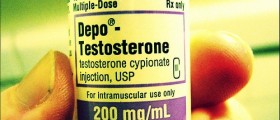
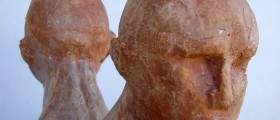

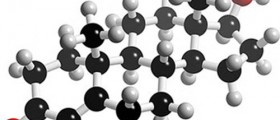
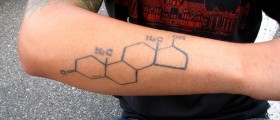



Your thoughts on this
Loading...